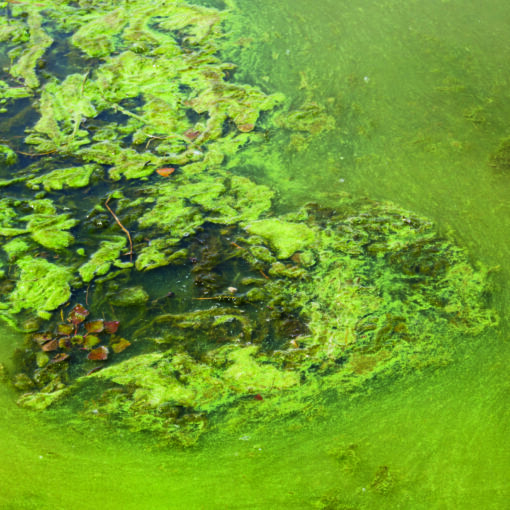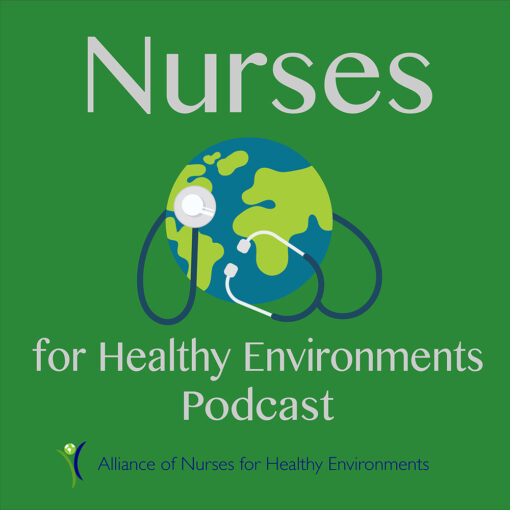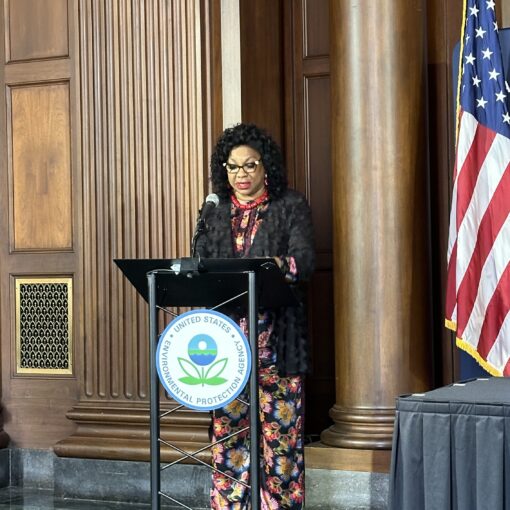MGH Institute of Health Professions Joins Nursing-Led Climate Change Initiative
The Center for Climate Change, Climate Justice, and Health at the Boston graduate school is the first academic institution to partner with 10 National Nursing Organizations
as part of the Nursing Collaborative on Climate Change and Health
FOR IMMEDIATE RELEASE
June 25, 2019
Contact:
Cara Cook
cara@envirn.org
585.469.2383
Jennifer Giordano
jenniferg@ecoamerica.org
415.544.9156
John Shaw
jshaw@mghihp.edu
617-726-4276

[Washington, DC] (June 25, 2019) – Today the Alliance of Nurses for Healthy Environments (ANHE) and Climate for Health announced that the Center for Climate Change, Climate Justice, and Health, a nurse-led initiative at MGH Institute of Health Professions graduate school in Boston, has become the first academic partner of the Nursing Collaborative on Climate Change and Health (Nursing Collaborative). The Nursing Collaborative, which represents more than 150,000 nurses and nursing students nationwide, is an initiative that encourages and empowers nurses to act on climate as a health imperative.
“Because nurses have been rated for the past 20 years as among the most trusted professionals, they are uniquely positioned to lead in addressing climate change as a health emergency,” said Katie Huffling, the Alliance of Nurses for Healthy Environments’ executive director. “Nurses already are witnessing how climate change is impacting the health of millions of people so they must be adequately prepared to care for those affected by climate-related events. As the first academic institution partner of the Nursing Collaborative, the MGH Institute’s Center for Climate Change, Climate Justice, and Health brings leadership on how the important topic of climate and health can be taught to all nursing students as well as practicing nurses across settings in acute care, community, rehabilitation, and other population-based settings.”
The MGH Institute’s Climate Center is a nurse-led initiative focused on exposing and educating all health professionals on how they can respond to the impacts of climate change and address climate mitigation, adaptation, and resiliency through education, practice, research, and service. The Center’s mission, vision, and core values aim to galvanize support for climate action locally, regionally, nationally, and globally.
“Not nearly enough health professionals truly understand how climate change is affecting people,” said Professor of Nursing Patrice Nicholas, the Climate Center’s director. “We all must learn more about the health effects of climate change and use that knowledge to teach our patients, families, and communities so they understand how they are affected by climate-related illnesses caused by poor air quality, which include respiratory, cardiac, and renal health problems, vector-borne diseases, heat stress, and mental health sequelae related to extreme weather events such as hurricanes, wildfires, and flooding.”
“We will be adding climate change information to our curricula at the MGH Institute, first in nursing and then in our occupational therapy, physical therapy, physician assistant studies, and speech-language pathology programs,” noted Assistant Professor of Nursing Suellen Breakey. “As a graduate school with 1,600 students, we have the opportunity to educate a new generation of health care practitioners who can really make an impact on improving their patients’ lives.”
The Nursing Collaborative on Climate Change and Health is a partnership comprised of the Alliance of Nurses for Healthy Environments, Climate for Health, and national nursing organizations committed to elevating action and advocacy on climate change and health. Member organizations represent nurses from across the profession and nation, including:
- Alliance of Nurses for Healthy Environments (ANHE)
- American Academy of Nursing (AAN)
- American Association of Occupational Health Nurses (AAOHN)
- Association of Public Health Nurses (APHN)
- Center for Climate Change, Climate Justice, and Health at MGH Institute of Health Professions
- National Association of Hispanic Nurses (NAHN)
- National Association of Nurse Practitioners in Women’s Health (NPWH)
- National Student Nurses’ Association (NSNA)
- Nurse Alliance of Services Employees International Union (SEIU) Healthcare
- Public Health Nursing Section of the American Public Health Association (APHA)
- Preventive Cardiovascular Nurses Association (PCNA)
While climate change carries significant health risks, addressing this issue also presents an opportunity to improve health on a global scale. Through the Nursing Collaborative, nursing organizations are committed to climate action and working towards just and equitable climate solutions to protect public health.
To learn more about the Nursing Collaborative on Climate Change and Health and encourage your nursing association to join, visit https://envirn.org/nursing-collaborative/.
###
About the Alliance of Nurses for Healthy Environments
The Alliance of Nurses for Healthy Environments is the only national nursing organization focused solely on environmental health issues. The mission of the Alliance is to promote healthy people and healthy environments by educating and leading the nursing profession, advancing research, incorporating evidence-based practice, and influencing policy.
About ecoAmerica
ecoAmerica builds institutional leadership, public support, and political will for climate solutions in the United States. We help national mainstream organizations elevate their climate leadership, providing them strategy, tools and resources to: demonstrate visible climate leadership, empower climate literacy, engage all constituents, and build collective action and advocacy. We help our partners permanently transform into national climate leaders who inspire others on solutions. Climate for Health is a program of ecoAmerica.
About the Center for Climate Change, Climate Justice, and Health at MGH Institute of Health Professions
The Center for Climate Change, Climate Justice, and Health at MGH Institute of Health Professions in Boston is the first-of-its-kind, nurse-led initiative that focuses on addressing ways all health care professionals can respond to the impact of climate change and help improve such things as ensuring access to safe drinking water, growing a sufficient amount of healthy food, and creating safe, clean environments that can improve ecosystems. The MGH Institute is the only academic affiliate of Partners HealthCare, New England’s largest health care provider.




